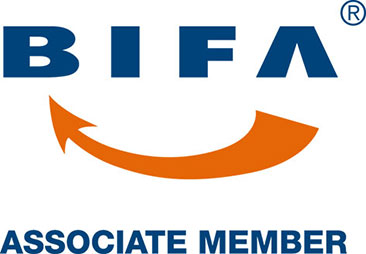
The government has introduced a new Fair Payment Code and updated reporting regulations as part of a broader initiative to combat late payments to small businesses.
The new measures aim to address what they call "the scourge of late payments," which costs small businesses an average of £22,000 annually and causes 50,000 business closures each year. The new legislation requires large companies to include payment data in their annual reports, allowing SMEs to better assess who they are dealing with. The new Fair Payment Code replaces the Prompt Payment Code, with businesses earning gold, silver, or bronze status based on how frequently and quickly they pay suppliers.
Small Business Commissioner Liz Barclay stated, "The new code will reward companies that treat their suppliers fairly and pay promptly, with the new Gold Award aiming to make 30-day payments the standard."
The three award tiers are:
- Gold Award – for those firms paying at least 95% of all invoices within 30 days
- Silver Award – for those paying at least 95% of all invoices within 60 days, including at least 95% of invoices to small businesses within 30 days
- Bronze Award – for those paying at least 95% of all invoices within 60 days
In addition, every business granted an award agrees to abide by the codes principles of being clear, fair and collaborative with their suppliers.
The government will also launch a consultation in the coming months to explore further measures to tackle poor payment practices.
Business Secretary Jonathan Reynolds commented, "Late payments are unacceptable, and we’re determined to create a fairer environment for small businesses. When cash flow dries up, small firms fail. That’s why holding larger businesses accountable is crucial. Reducing trade barriers, reforming business rates, and boosting exports for SMEs are just a few of our commitments. The new code is a step towards ending late payments once and for all."
Research from the Department for Business and Trade reveals that payment delays worsen as they progress down the supply chain, with smaller businesses suffering the most from late invoices.
Tina McKenzie, policy chair of the Federation of Small Businesses (FSB), welcomed the changes, saying, "This is what real change looks like, listening to small firms and removing growth barriers. An active, pro-small business agenda, a strong industrial strategy, and tackling late payments are crucial. This is a confidence boost for small businesses and shows the government’s commitment to supporting them."
The Fair Payment Code Awards are for two years, and every business will need to reapply for their award at the end of this period. There will also be a robust complaint system in place for businesses to highlight those not meeting the requirements of the category of their awards (Gold, Silver or Bronze) or not following the principles of the code.
If you are a business struggling with late payments, speak to us today about how we can support your credit control.












